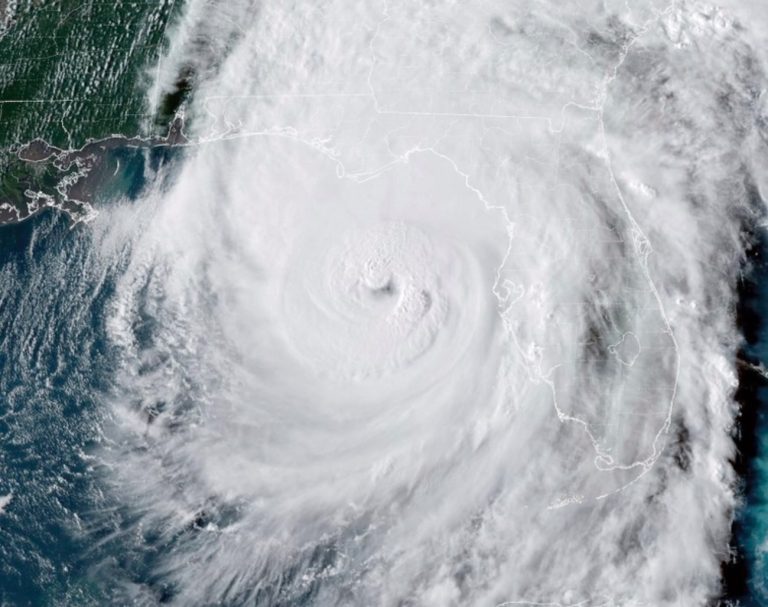
In a recent article titled “How the terror of hurricanes fuels climate change denial,” Discovery Magazine (DM) argued that fear caused by hurricanes like Helen and Milton contributes to climate change denial. [emphasis, links added]
Author's suggestion Existential fear drives people to refuse to accept the reality of climate change as a psychological defense mechanism.
This is wrong.
This climate narrative lacks empirical support Seems to be used more as a scare tactic to inspire people to take action and explain why the public is increasingly rejecting climate alarmist arguments rather than arguments of substance.
DM's article relies heavily on “terror management theory,” a psychological theory that explains how people deal with the fear of death, proposing Fear of death forces people to deny climate change.
This theory, published in a book in 2015, is relatively new and remains controversial in the psychology community. The DM authors fail to provide concrete evidence linking this theory to climate change denial, relying instead on weak speculative connections.
A critical review of this article reveals There is a distinct lack of empirical data to support the claim that severe weather events fuel climate change denial.
The authors present no studies or statistical analyzes to prove a correlation between experiencing hurricanes and rejecting so-called climate science. Without such evidence, the argument remains unsubstantiated and speculative.
DM’s article ignores other reasons to be skeptical of the climate change narrative. Many question the accuracy of climate models, the reliability of data, and the politicization of climate science.
Attributing suspicion solely to psychological fears would oversimplify a complex issue, It dismisses legitimate concerns about the methods and motivations behind climate research.
For example, some recent data released by Our World found that while we have experienced moderate warming over the past century, deaths from various natural disasters, including hurricanes, have fallen sharply. See picture below.

If anything, deaths from extreme weather and other phenomena often wrongly attributed to long-term climate change are falling sharply, It is perfectly reasonable for people to deny this connection.
They follow the science reflected in mortality data, not the false claim that climate change is threatening more people than ever before.
If things don't get worse with moderate warming, there's no reason for growing fear.
By suggesting that climate change denial stems from existential horror, DM undermines the credibility of those who question the popular climate narrative.
This description ignores the fact that: Many skeptics base their opinions on scientific analysis and critical evaluation of data.
Reducing their views to mere psychological defense mechanisms is both dismissive and unproductive.
Polls have shown many times The general public does not view climate change through the lens of existential horror; Rather, it is an issue that ranks lower on lists of priorities and threats than other, more pressing issues.
This is not a denial, this is a rational sorting, especially given the following facts: For example, the alleged causes of damage, such as worsening trends in droughts, heat waves, hurricanes and floods, have not materialized.
If things don't get worse with moderate warming, there's no reason for growing fear.
Using speculative psychological theories that lack empirical support as a reason for people to reject climate warnings, as Discover does, does little to advance constructive discussion of climate science and risks alienating those seeking a more nuanced understanding of the current issue. people.
Based on the available data, it makes no sense to experience “existential terror” in the face of climate change. This may be why people resist radical action to limit freedoms and end the use of fossil fuels.
In essence, DM's article is a classic example of what President Franklin Roosevelt said in his first inaugural address: “The only thing we have to fear is fear itself.”
Read more Climate Realism
